Swadeshi products and Self-reliance in British India’s Bengal
[responsivevoice_button voice=”US English Female” buttontext=”Read out this Theel for me”]
“When the world is in crisis, we must pledge – a pledge which is bigger than the crisis itself. We must strive to make the 21st century India’s century. And the path to do that is self-reliance.”
PM Narendra Modi
The coronavirus lockdown has put a major blow to the Indian economy. Since March 2020, millions of migrant workers and salaried employees have lost their jobs as several companies in India shut down their production and reduced the number of employees to keep them in a bare survival mode during the lockdown period. This has resulted in significant financial and economic loss to the country.
To combat such an economic crisis, Indian Prime Minister Narendra Modi, in his address to the nation on Tuesday, May 12, 2020, has called every Indian citizen for achieving self-reliance to fight and win the Covid-19 crisis.
According to PM Narendra Modi, “Time has taught us that we must make ‘local’ the mantra of our lives. Global brands that are there today were once local, too, but when people there started supporting them, they became global. That is why, from today, every Indian must become vocal for our local.”
This is a very noble approach, indeed. However, it is not the first time that a ruler of independent India is calling all the citizens to become ‘Atmanirvar’ or self-reliant with the manufacture of ‘Swadeshi’ products to fight against economic downfall. Way back in the early 19th and 20th century many Bengali entrepreneurs stood against the British exploitation and set up their indigenous enterprises to make ‘Bharat’ a self-reliant country, free from British consumerism, through swadeshi products.
I heard these stories from my ancestors, who were either a part of this movement or witnessed it in their lifetime. Like my ancestors, I too had the privilege to use the products of these brands and am still using today. I will share the stories of a few such Bengali entrepreneurs whose brands are not only kicking but daring to go far, even in the modern era.
Duckback – The Manufacturer of Swadeshi Waterproofs
If you are from West Bengal, then I am sure the brand Duckback still rings a sense of nostalgia. This brand is something almost every child, at least in Kolkata, would relate to. From raincoats and waterproof boots for school-goers and office-goers to holdall bags and air pillows for family vacations, the brand Duckback has been a consistent partner for a Bengali’s daily activities.
During the British Colonial Rule in India, the local market was flooded with imported, high-priced waterproof British products. Those products were out of reach for most Indians. The poor Indian soldiers died fighting for the British army under challenging terrains without waterproof jackets or gumboots to save them from rains. Such exploitations of Indians by the British were not considered by the Berkley and Stanford educated Bengali entrepreneur, Surendra Mohan Bose. His waterproof brand, Duckback by Bengal Waterproof Limited, was established in 1940 as an answer to the British monopoly in the waterproof and textile trade in India.
The brand came up with a variety of waterproof products like raincoats, gumboots, waterproof ‘Railway’ holdalls, Dak Bags for postal officers, Nor’Wester caps, Overshoes worn by gentlemen over their shoes, Cyclists’ Caps, Rubber Heels for both ladies and men, Racket Cases, Gun Covers and Wellingtons. The catchy name of Duckback might have been derived from the term ‘Dak Bags’ that they supplied for the postal officers. This iconic Indian brand, symbolising Swadeshi products, soon became a household name, and perhaps there are a very few in Kolkata who had not used any product of Duckback in their life.
Though the Bengali nationalist venture lost its glory due to global invasion, the time has come to revive the brand name once again during this neo-swadeshi era of self-reliance.
Sulekha – India’s first Ink Business
Have you ever used fountain pens in your life? My parents and grandparents did, and so did I when I was in school. Fountain pens were popular even in the late ’80s and the early ’90s before it gave way to cheap plastic-bodied ballpoint pens from brands like Reynolds, Mitsubishi, Linc, etc. Fountain pens had its own aristocracy. I call it nostalgia! To run that beautiful golden nib of my precious Parker, I used the royal blue fountain pen ink of Sulekha, a brand that is considered an iconic symbol of the movement of the Swadeshi products in India.
Inspired by Gandhi’s Swadeshi Movement, Shri Satish Chandra Dasgupta, erstwhile Chief Chemist of Bengal Chemicals, prepared the first swadeshi ink, “Krishnadhara,” and later gave the formulation to two brothers Shri Sankaracharyya Maitra and Shri Nani Gopal Maitra who set up an ink manufacturing plant at Rajshahi (now in Bangladesh) and later in several places in Kolkata and India. Established in 1934, ‘Sulekha’ is thus considered as a creation of the Self Reliance Movement initiated by Mohandas Karamchand Gandhi during India’s freedom struggle.
The brand name was christened ‘Sulekha’ by none other than the great Nobel laureate of Bengal, Rabindranath Tagore. The name ‘Sulekha‘ means ‘beautiful writing.’ The ink was so good in quality that it quickly became a symbolic attack against the British regime as it broke the monopoly of British Ink brands like Quink. There were hardly any college-goer or office ‘babu’ then in Kolkata who had not used Sulekha ink in the fountain pens they carried.
Because of the excellent quality products manufactured by the company, several governments from different countries of South Asia and Africa inviting Sulekha to set up their writing ink and writing instrument-manufacturing units. The brand was popular till the late eighties when unfavorable circumstances forced the company to close down. It re-started its journey again in 2006 with a diversified line of Home Hygiene Products, Solar power solutions, ink, and stationeries that are very well accepted in the market.
Sulekha Works Limited is purely a Bengali enterprise that was started in the pre-independence period in undivided Bengal.
Bengal Chemicals – Reputed as India’s first pharmaceutical company
When I was a child, my mother used to apply a special oil to my hair to make it soft, smooth, and silky. It was none other than Bengal Chemical’s Cantharidine hair oil. This brand was very popular not only in Bengal but also in other parts of the country. When it comes to the question of cleaning and disinfecting your houses, Bengal Chemical’s Phenyle was and still is our first choice. Want to keep your woolens moth-free? Use Bengal Chemical’s Naphthalene balls. Many such household chemicals are manufactured by this enterprise from the pre-independence era.
Bengal Chemicals & Pharmaceuticals Ltd., formerly Bengal Chemical & Pharmaceutical Works Ltd. (BCPW), is a Public Sector Undertaking (PSU) in India. Established in Kolkata in 1901, it is the first Pharmaceutical Company of India, founded by Acharya Prafulla Chandra Ray, the Father of Indian Chemistry.
Before making it a limited company in 1901, Acharya Prafulla Chandra Ray first started an individual initiative in Bengal in 1892 with only Rs 700/- INR as capital. He intended to foster the spirit of swadeshi products among the Bengali youth, provide an alternative to jobs from the British colonial government, cater to the needs of the commons and compete with imported goods and to become self-sufficient.
Eminent Doctors with nationalistic feeling like Dr. R G Kar, Dr. N R Sarkar, Dr. S P Sarbadhikari, Dr. Amulya Charan Bose, etc. came forward and patronized the products whose quality met the British Pharmacopoeia standard. The company manufactured quality Chemicals, Drugs, Pharmaceuticals, and Home Products, employing indigenous technology, skill, and raw materials.
Their swadeshi products included fire extinguishers, surgical & hospital instruments, talcum powder, toothpaste, glycerin soap, carbolic soap, etc. which were very popular at the beginning. Later their focus shifted to industrial chemicals like aluminum sulphate, pharma products in the form of tablets and capsules like ciproben, raymox, etc., oral liquids like Aqua Ptychotis (Anti-Flatulent Digestive), Kalmegh (Hepato-Biliary Herbal Tonic), Benkoff (Cough Remedies), etc., antiseptics like Bensol, Lesol, etc. The more popular are the household products like bleaching powder, phenol, Klin Toilet (toilet cleaner), Liquid Soap, Cantharidine Hair Oil, White Tiger (Floor cleaner), and many more.
Though the present government is trying to privatize this century-old profit-making heritage PSU, yet, its glory as the first of its kind Swadeshi Pharmaceutical enterprise will never diminish. We can never forget Acharya Ray’s nationalistic outlook and sense of patriotism that brought many freedom fighters and stalwarts together at that time and support such indigenous initiatives across the country.
More Swadeshi products in Bengal
Centuries ago, there were many such proud swadeshi Bengali individuals who had the guts to take up the challenge against the British entrepreneurs to beat them at their own game.
Clyde Engineering Company Limited by Kshirode Bihari Chakraborty was the first electric fan manufacturing company set up by a Bengali entrepreneur in 1918.
Gour Mohon Dutta, a Bengali Merchant, defied the British through the creation of a swadeshi antiseptic cream brand Boroline in 1929. GD Pharmaceuticals Pvt Ltd’s Boroline is still preferred over any other brands of antiseptic cream when it comes to the question of authenticity. Such is the brand’s reputation, even after 90 years.
Apart from these big jewels in the cap of Bengali swadeshi products, there were other smaller ones like Bengal Immunity and Dey’s Chemicals in the domain of pharmaceuticals, Bengal Lamps in the domain of electric lightning products, Bande Mataram in the domain of matches, Banga Laxmi Cotton Mills in the domain of textiles, and many more.
And lastly, I must mention the name of the Calcutta Chemical Company, where my grandfather and uncle used to work—established in 1916 by Bengali entrepreneurs K.C. Das, B.N. Maitra, and R.N. Sen during the time of the Swadeshi Movement in Bengal, this pharmaceutical company also nurtured the spirit of swadeshi entrepreneurship in opposition to British manufactured goods.
Conclusion
‘Self-reliance’ or ‘Swadeshi products’ are thus no new terms in the present context. They were and will be in the minds of patriotic Indians. All they need are the right opportunities, financial backing and government help to establish new indigenous manufacturing units in the country, provide employment to the locals, encourage the Indians to buy locally made products, go global with the Indian-made products and thus help India overcome its economic and financial crisis once again. All we need is a little encouragement from the Indian government.
Featured Image Credits: Wikimedia


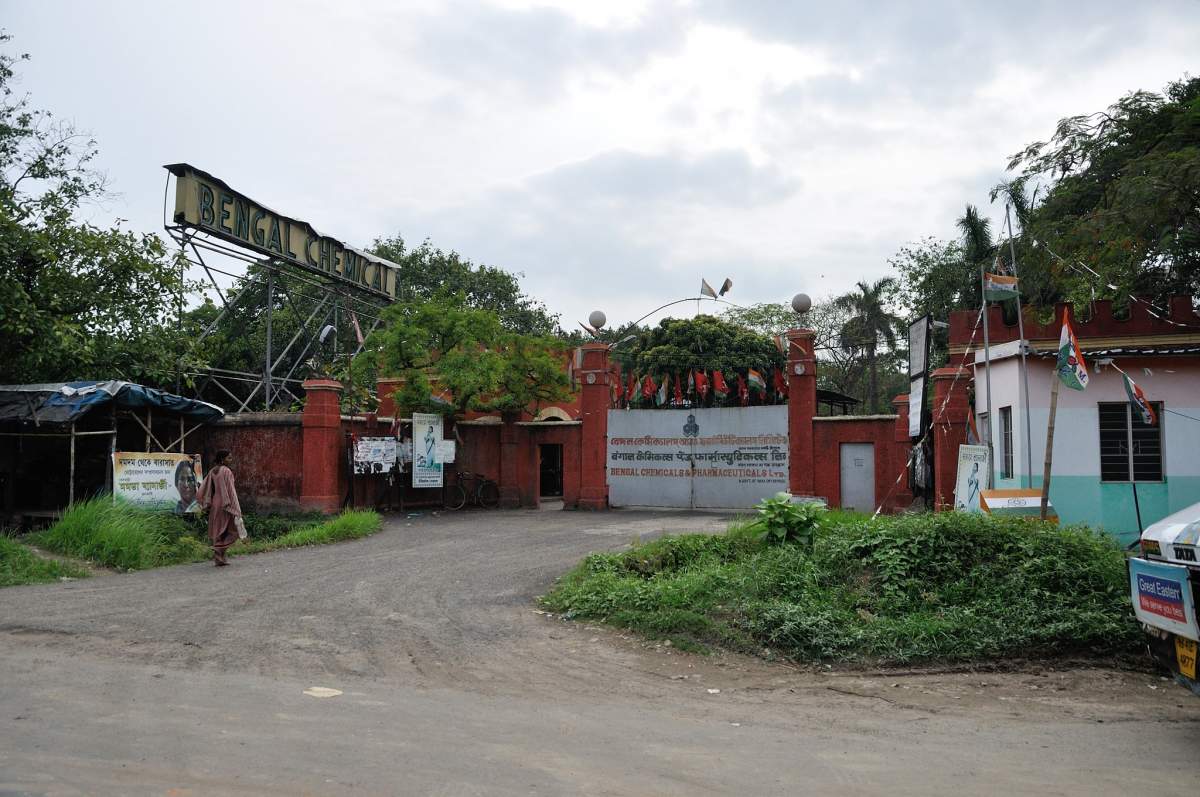
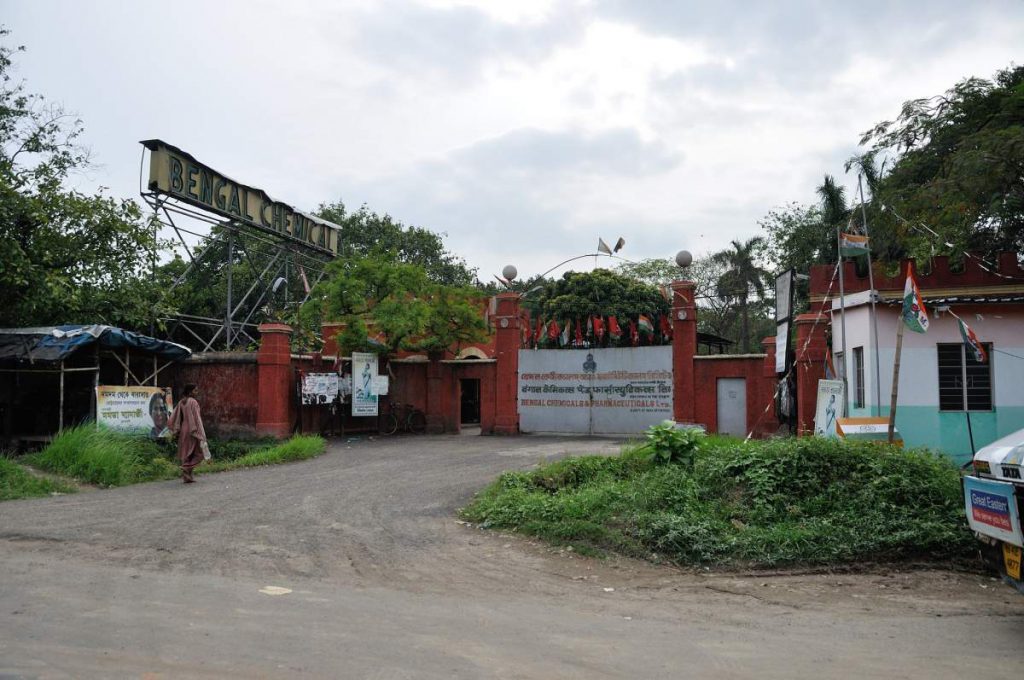
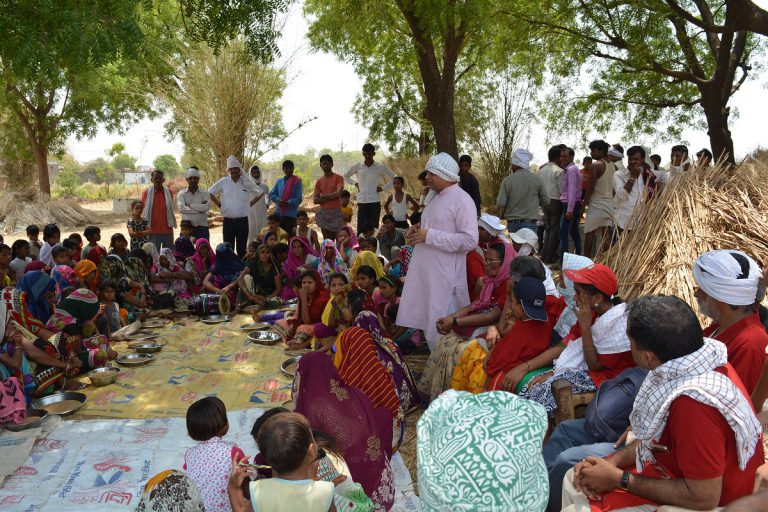
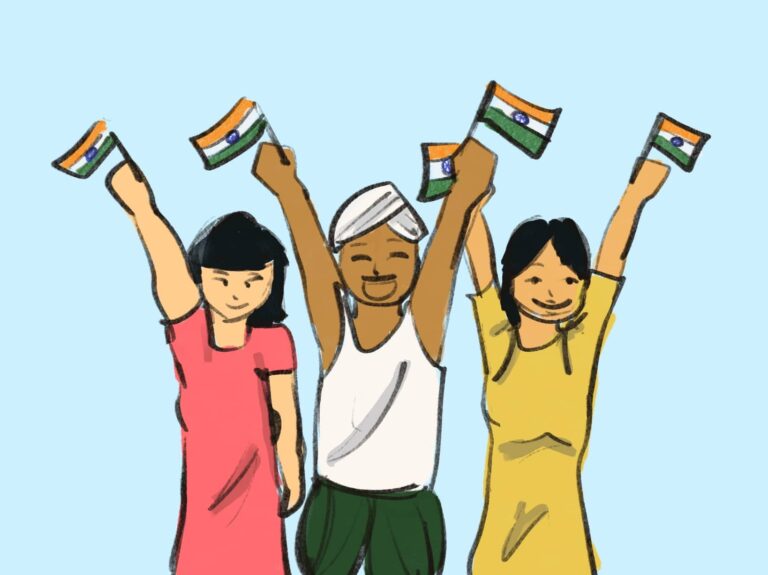
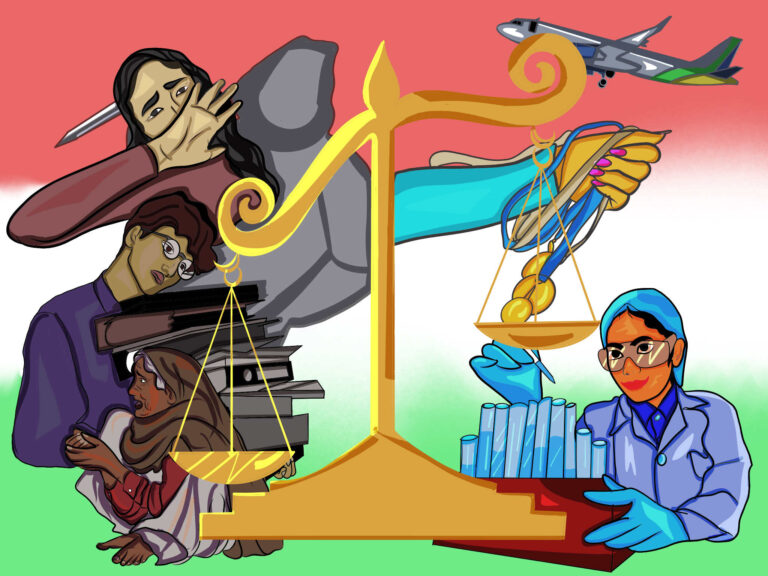

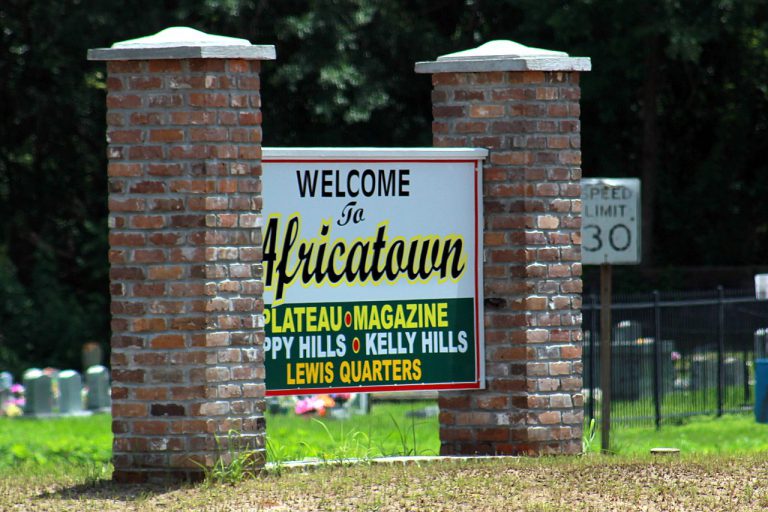
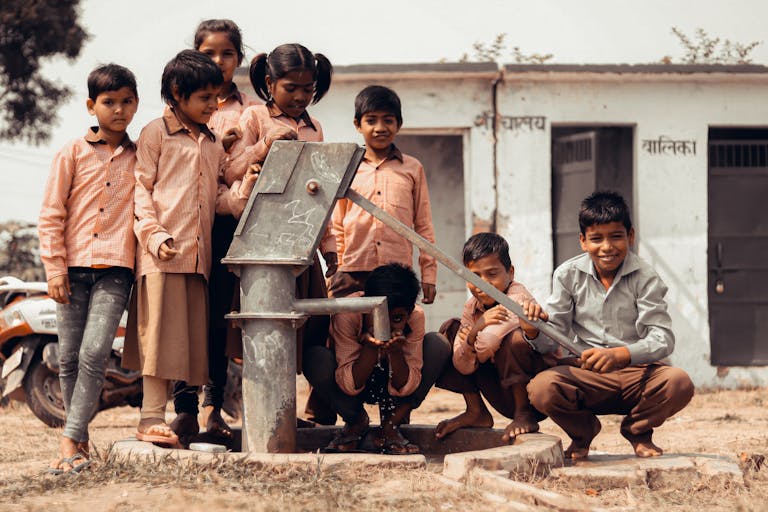
Readers' Reviews (1 reply)